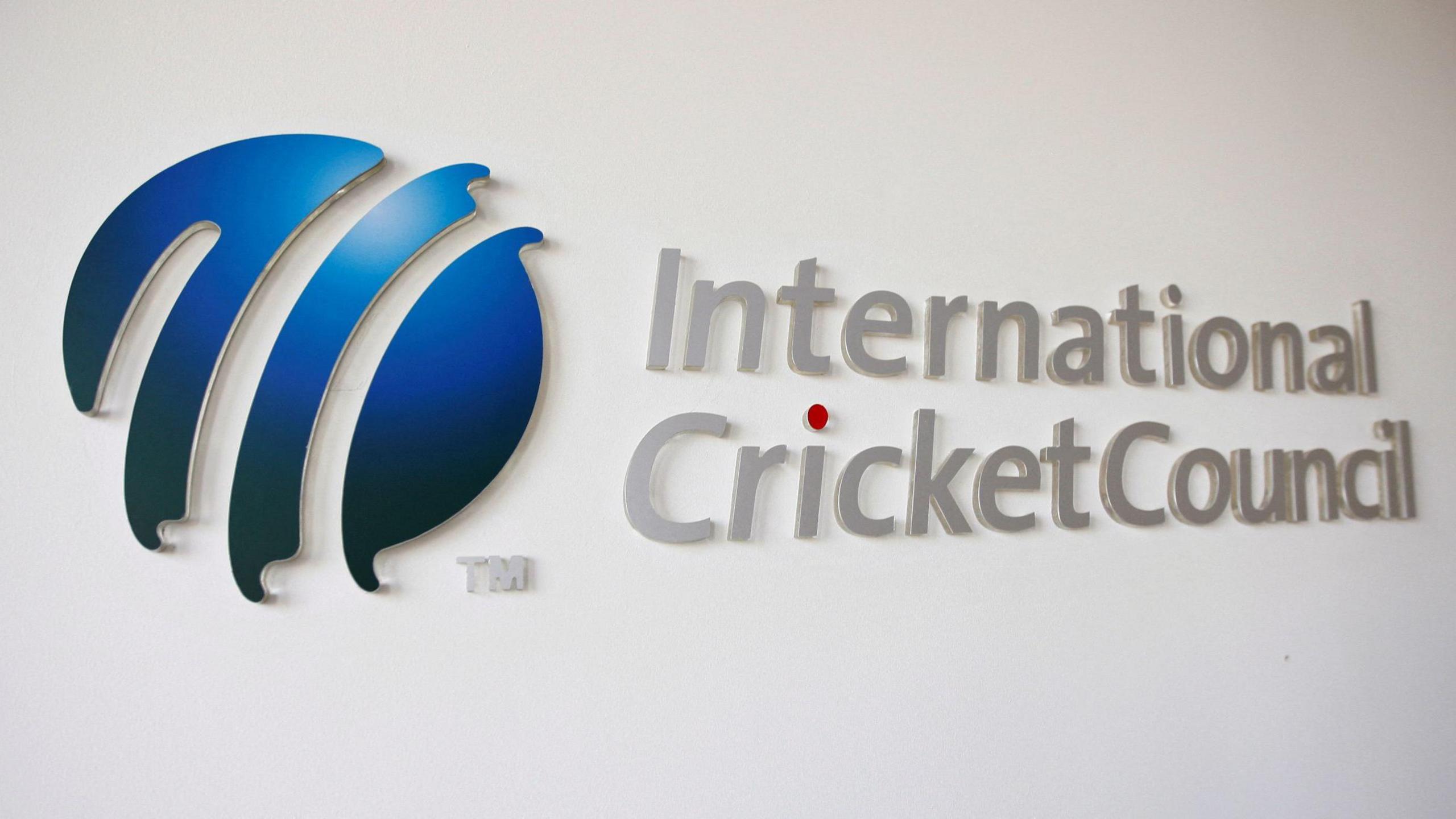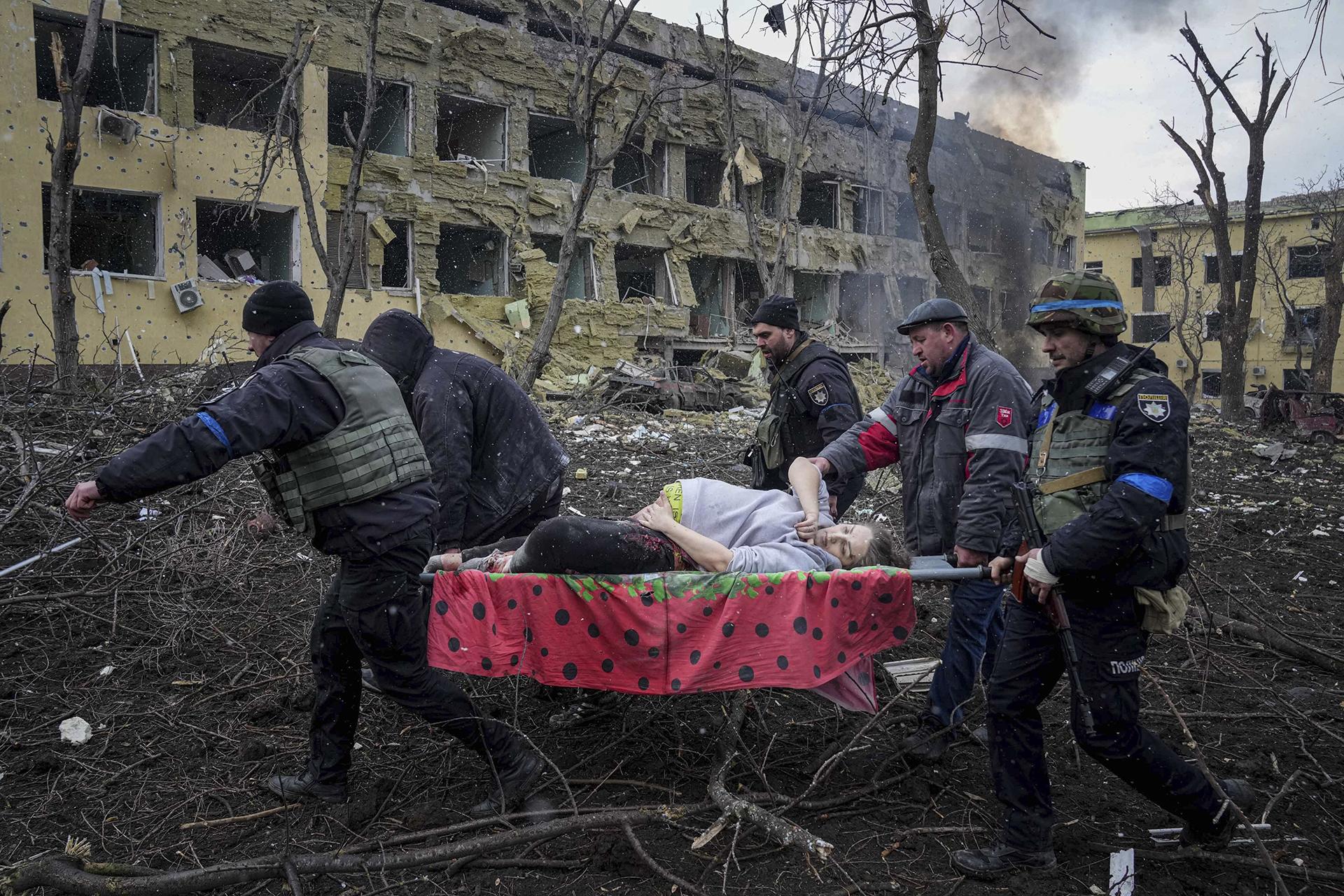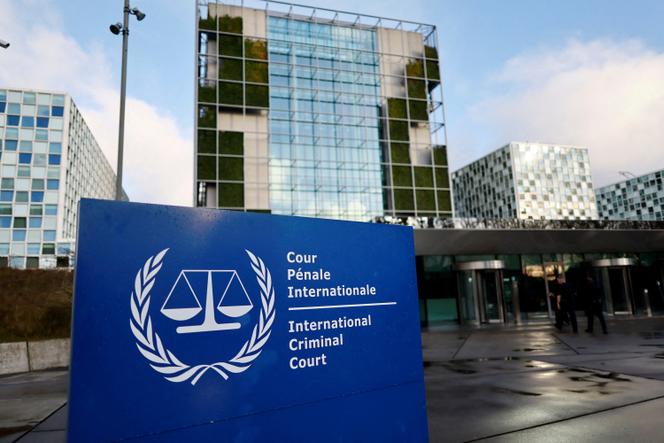ICC Initiates Legal action Against Joseph Kony for Atrocities in Uganda
the International Criminal court (ICC) has taken a notable step in holding accountable one of Africa’s most notorious figures, Ugandan rebel leader Joseph Kony. Known for his involvement in the Lord’s Resistance Army (LRA),Kony has been accused of committing heinous acts during his campaign of terror,which has left thousands dead and many more displaced across the region. The ICC’s initiation of legal action underscores the urgent need for justice in a country that has endured years of conflict and suffering. Kony faces charges that include:
- War crimes – involving the recruitment of child soldiers and abduction of civilians.
- Crimes against humanity – encompassing widespread atrocities such as murder, torture, and sexual violence.
- Violations of international law – due to his leadership role in the LRA, which has operated with impunity.
As the ICC ramps up its efforts to prosecute individuals responsible for grave offenses, the focus now shifts to the complexities of bringing Kony to trial, given his actions have straddled multiple jurisdictions and the ongoing instability in certain areas of Uganda. Critics have pointed out that while the ICC’s move is commendable, the challenges of capturing a fugitive who has long evaded justice loom large. The international community will be watching closely as the ICC pursues this high-profile case, hoping it will send a strong message about accountability and the relentless pursuit of justice for victims of conflict.

Unraveling the Impact of Kony’s Actions on Ugandan Communities
The actions of Joseph Kony and his lord’s Resistance Army (LRA) have left an indelible mark on the fabric of Ugandan society. Communities that once thrived have been fundamentally altered due to the violence and instability brought about by his insurgency. People have experienced unimaginable suffering, as evidenced by the widespread abduction of children who were forced to become child soldiers or sex slaves. This legacy of trauma has shifted the dynamics of family structures and highlighted the urgent need for psychological support within affected communities.
The repercussions of Kony’s reign of terror extend beyond immediate violence, fostering an atmosphere of fear and distrust among neighboring communities. Efforts for reconciliation have been hindered, with survivors grappling with the complexities of forgiveness in the wake of such deep-seated grievances. The socio-economic consequences are profound, as many communities struggle to rebuild their lives amidst ongoing instability. The key areas impacted include:
- Displacement: Thousands were forced to flee their homes, leading to a generation of internally displaced persons.
- Education: Schools became targets, disrupting the education of countless children and youth.
- Agriculture: Farming was severely hampered, leaving many families without food security.
Understanding the ICC’s Legal Framework and its challenges in War Crimes Prosecution
The International Criminal Court (ICC) operates under a complex legal framework designed to ensure accountability for heinous crimes, including war crimes, genocide, and crimes against humanity. Established by the Rome Statute, which came into force in 2002, the ICC emphasizes the principle of complementarity, meaning it only intervenes when national legal systems are unwilling or unable to prosecute. This framework is underpinned by fundamental legal norms that prioritize due process, victims’ rights, and the responsibility of states to uphold international law. Though, the court faces significant challenges in enforcing its mandates, particularly in cases involving non-state actors and leaders of armed groups, such as Joseph Kony, whose elusive nature complicates efforts for justice.
In practice, the prosecution of war crimes often encounters various obstacles that hinder the effective functioning of the ICC. These challenges include:
- Lack of cooperation from states: Many governments are reluctant to collaborate with the ICC, especially when it involves prosecution against political leaders or military personnel.
- Political influence: The ICC is sometimes perceived as a tool of Western political agendas, which can undermine its credibility and lead to accusations of bias.
- Operational limitations: The ICC has limited resources and jurisdiction, complicating its ability to pursue cases in conflict zones where crimes are ongoing.
- Witness protection and security issues: Victims and witnesses frequently enough face threats that deter them from coming forward, further jeopardizing prosecutions.
Through addressing these challenges, the ICC hopes to uphold its mission to deliver justice and reinforce the global commitment to end impunity for war crimes.
Calls for International Support in the Pursuit of justice for Victims of Kony’s Regime
The time has come for the international community to rally in support of victims who suffered under the atrocious crimes of Joseph Kony and his Lord’s Resistance Army (LRA). The recent decision by the International Criminal Court (ICC) to open a war crimes case against Kony serves as a significant milestone,yet it also highlights the urgent need for global intervention. Governments and organizations must now unite to ensure comprehensive support for those affected by Kony’s regime. This includes:
- Financial Assistance: Providing resources for rehabilitation and support services to victims, including mental health care and education.
- Legal Support: Offering legal assistance for victims seeking justice through international courts.
- Awareness Campaigns: Elevating awareness about the ongoing impact of Kony’s actions to mobilize global support and pressure authorities.
- Collaboration with NGOs: Partnering with local and international organizations that specialize in human rights and victim support.
International action is essential not just for accountability, but also to inspire hope among survivors who have faced unimaginable horrors. As Kony’s reign of terror remains a haunting chapter in Uganda’s history, the world must come together to ensure that justice is not just a promise but a reality for those who have suffered. Only through concerted efforts can we help rebuild lives, restore dignity, and prevent such atrocities from happening again. It is indeed time for the global community to stand firm against impunity and embrace its role in facilitating healing and justice.

